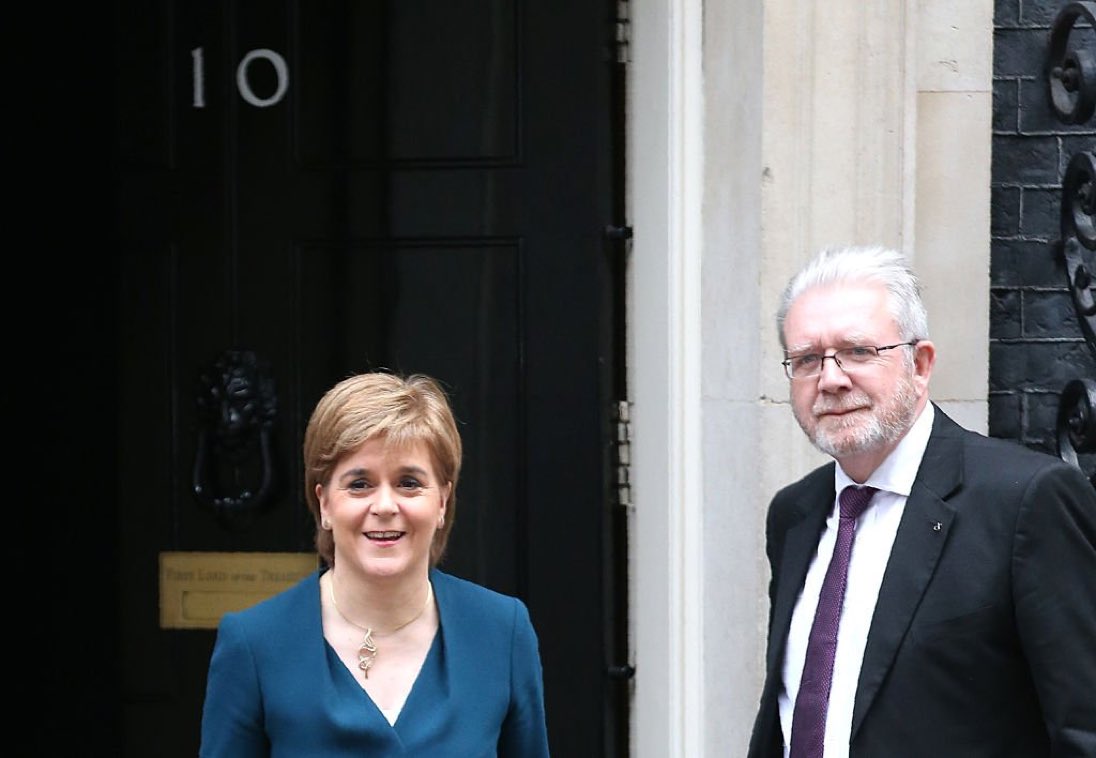Uncertainty impacting companies.
(Article via www.gov.scot news 11 oct 2017)
Business leaders across Scotland believe Brexit may hinder recruitment, hit the bottom line, and curtail future growth prospects, according to new report.
“Brexit: What’s at Stake for Businesses”, looks at the key issues from the point of view of businesses, in their own words, including:
- Glasgow Airport on the possible loss of the legal framework to fly its current EU routes and some long-haul, including to the US and Canada
- Loch Melfort Hotel, Argyll worries about the difficulty of having to attract and retain staff
- The Scottish Salmon Company with 60 sites, employing more than 500 people – on importance of remaining in the Single Market to allow trade relationships to grow
Minister for UK Negotiations on Scotland’s Place in Europe Michael Russell said:
“This report articulates the concerns of Scottish businesses as the Brexit clock ticks towards the UK’s departure from the EU. It is clear that there is a great deal at stake for every business. Their voices must be listened to before irreversible decisions are taken.”
Founder and Creative Director of Maramedia Nigel Pope said:
“I’m delighted to see the publication of this report. As a producer of international wildlife programming with global relationships it’s essential that our business retains access to the Single Market for future growth.”
Amanda McMillan, Managing Director of Glasgow Airport said:
“The uncertainty regarding the UK’s future trading relationship with the EU is already having an impact on the aviation industry. A number of airlines have stated they will scale back their UK growth plans, focusing instead on adding capacity at airports in the EU. This has the potential to undermine Scotland’s connectivity.”


